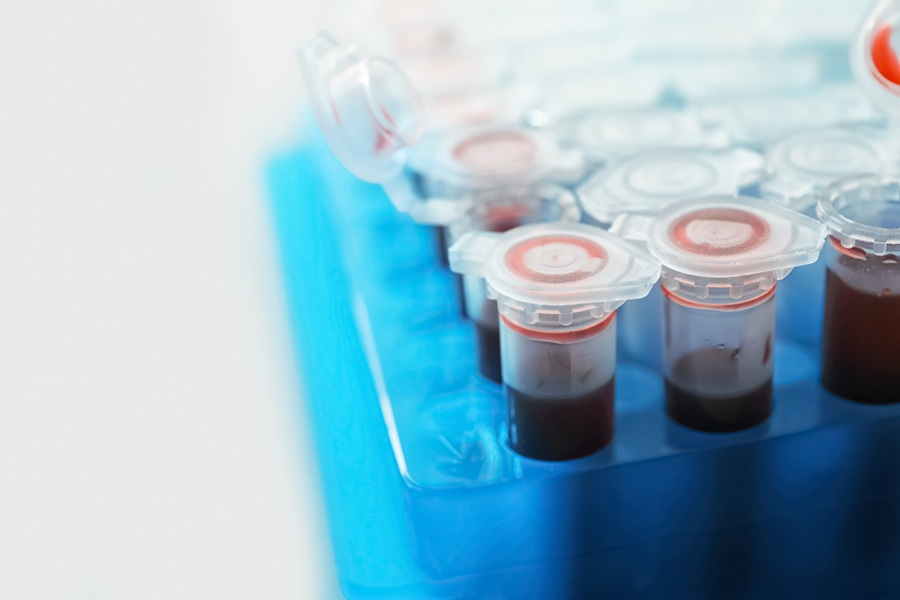Blood Test Enables Early Detection of Multiple Cancers
Posted on 13 Jan 2025
Catching cancers early increases the chances of successful treatment and is also more cost-effective for healthcare systems. "Liquid biopsies" have emerged as a promising research focus in recent years as a less invasive alternative to traditional diagnostic tests. These biopsies show potential for detecting cancers, even in their early stages. However, most liquid biopsy tests currently available only assess one or two cancer DNA features, which limits their ability to detect cancer effectively. Researchers have now introduced a new blood test, powered by machine learning, which shows great potential for detecting multiple cancer types at their earliest stages, when the disease is most difficult to identify.
Developed by a team of researchers at the University of Oxford (Oxford, UK), this new liquid biopsy test can detect six types of cancer at an early stage. Named TriOx, the test analyzes various features of DNA in the blood to identify subtle cancer signs, offering a fast, sensitive, and minimally invasive alternative to current detection methods. In a study published in Nature Communications, the researchers combined a cutting-edge DNA analysis technique known as TAPS with machine learning to analyze and combine several key features from circulating blood DNA. This approach enhances the detection of the small fraction of cancer DNA, making TriOx highly sensitive for identifying cancer.

The TriOx test was assessed using blood samples from patients with and without cancer, who had been referred by their GP due to symptoms that might indicate cancer, as well as from asymptomatic individuals without cancer. The test demonstrated its ability to detect cancers, including in the early stages, across six cancer types. It also distinguished between individuals with and without cancer with 94.9% sensitivity and 88.8% specificity. This high accuracy would help ensure that patients without cancer are not subjected to unnecessary procedures, while those with cancer can receive treatment sooner.
“Our new test brings together the best of cutting-edge science and machine learning. It allows us to look at the whole cancer genome, improving reliability,” said Professor Anna Schuh, Professor of Molecular Diagnostics at the University of Oxford and lead researcher on the study. “While this test is still early in development, with further work, we believe it has the potential to improve survival rates for millions worldwide, by enabling implementation of routine blood tests to catch cancer earlier, when it’s easier to treat.”
“Many cancers, such as pancreatic and ovarian, often go unnoticed until they’ve advanced, when treatment is more difficult and less effective,” added Dr. Dimitris Vavoulis, University of Oxford and co-lead researcher. Current screening methods are limited to a few cancers and are often invasive, deterring many from regular checks. Although our approach is still early in development, we envision that a simple blood draw could eventually be all that’s needed to screen for multiple cancers, giving patients and doctors a faster, more convenient tool to stay ahead of the disease.”













